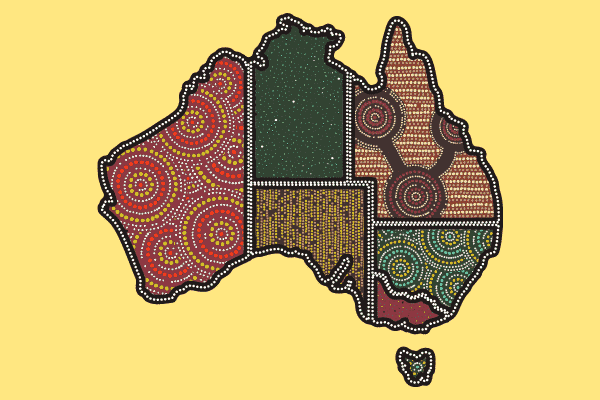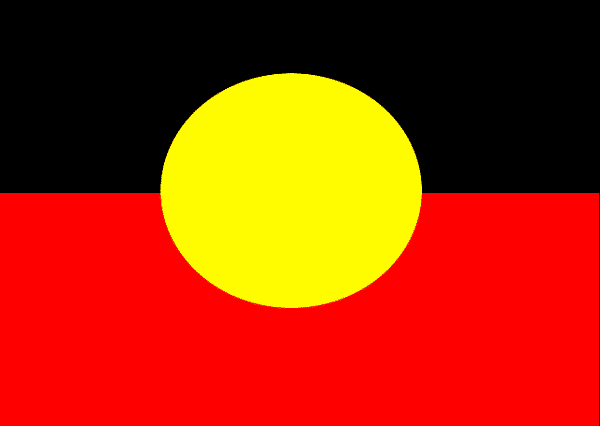I am a citizen of Australia and yet I am not a citizen of the nation I reside in within Australia. This anomaly affects all people who have come to Australia from other nations and have taken on Australian citizenship.
On the 26th of January 1788, with British colonisation, came the legal fiction of terra nullius – that Australia was an ’empty land’ Of course, it has not been empty for at least 50,000 years and is home to the oldest living cultures globally.
On the 26th of January, it seems important to me that citizens understand whether we can have reconciliation with Indigenous Australians if we have never had appropriate conciliation.
Appropriate conciliation has, in my view, at least five elements. These elements are essential considerations in terms of our present and future as a nation.
- Seeking citizenship in the relevant Aboriginal nation
In the first instance, I believe that every person who obtained citizenship in Australia having come from another country should request citizenship and residence from the First Nations People who historically managed and lived on the land where citizenship is sought. This would mean seeking permission from First Nations Peoples in the same way we do from the national government. To me this is a fundamental aspect of respect and is recognition that the right to citizenship is premised on a notion of enlightened citizenship.
Of course, detractors to this notion will argue that one would then need to seek permission to move between Indigenous Nations which would be difficult and complicated. That conciliation carries complexity does not mean its elements should not be considered or means to make it work practically be discussed.
LISTEN ALSO: Why Indian Australians need to learn more about Aboriginal culture

- Payment of rates of the First Nations Peoples
I further believe that consideration about local council areas could be inclusive of the original national boundaries arising from First Nations and further, that half of all rates paid could be paid to First Nations Peoples. In addition, decision-making regarding land use and other matters currently within the purview of councils, could be joint between First Nations People and elected representative officials.
- That all intestate land without any successors be return to First Nations People
If a person dies without a Will and also has no successors, then this land could return to the First Nations people rather than the State government. Why should the State Government resume land when this is an opportunity for it to go back to First Nations Peoples? This idea was put to me by an accredited property law specialist who stated that this would bring a measure of justice to First Nations People.
- That “Australia Day” be moved to alternative date
To me the most vested people, and those with the voices most worth listening to on this matter, are those of First Nations Peoples. When dealing with injustice the perspective of the most marginalised, the most dispossessed, the most vulnerable should always be the starting point. Given the history over the past two hundred and thirty-three years and the level of current inequity between First Nation Australians and other Australians, to me it seems only right that this decision be made by First Nations Peoples and be accepted by the Australian Government in the form desired by First Nations Peoples.
- That we have a truly national anthem
We need a national anthem that represents our combined histories and shared vision – the vision and aspirations of First Nations Peoples as well as of British Australia. The anthem should be drafted in the languages of First Nation Peoples as well as in English.
These five elements to me are the starting point for conciliation. We should not be afraid to consider change that is premised on a notion of the inclusion of the most fundamental of all entitlements: self-determination. Whilst unusual, a consideration of these may give some perspective to how much more we could be doing to have true conciliation.
After all, if we cannot become a nation that celebrates – and at every level is inclusive of – First Nations Peoples, then we live as unsettled as vacuus cor (empty hearts).
LISTEN ALSO: Indian links in Indigenous Australian poet Ali Cobby Eckermann’s life





